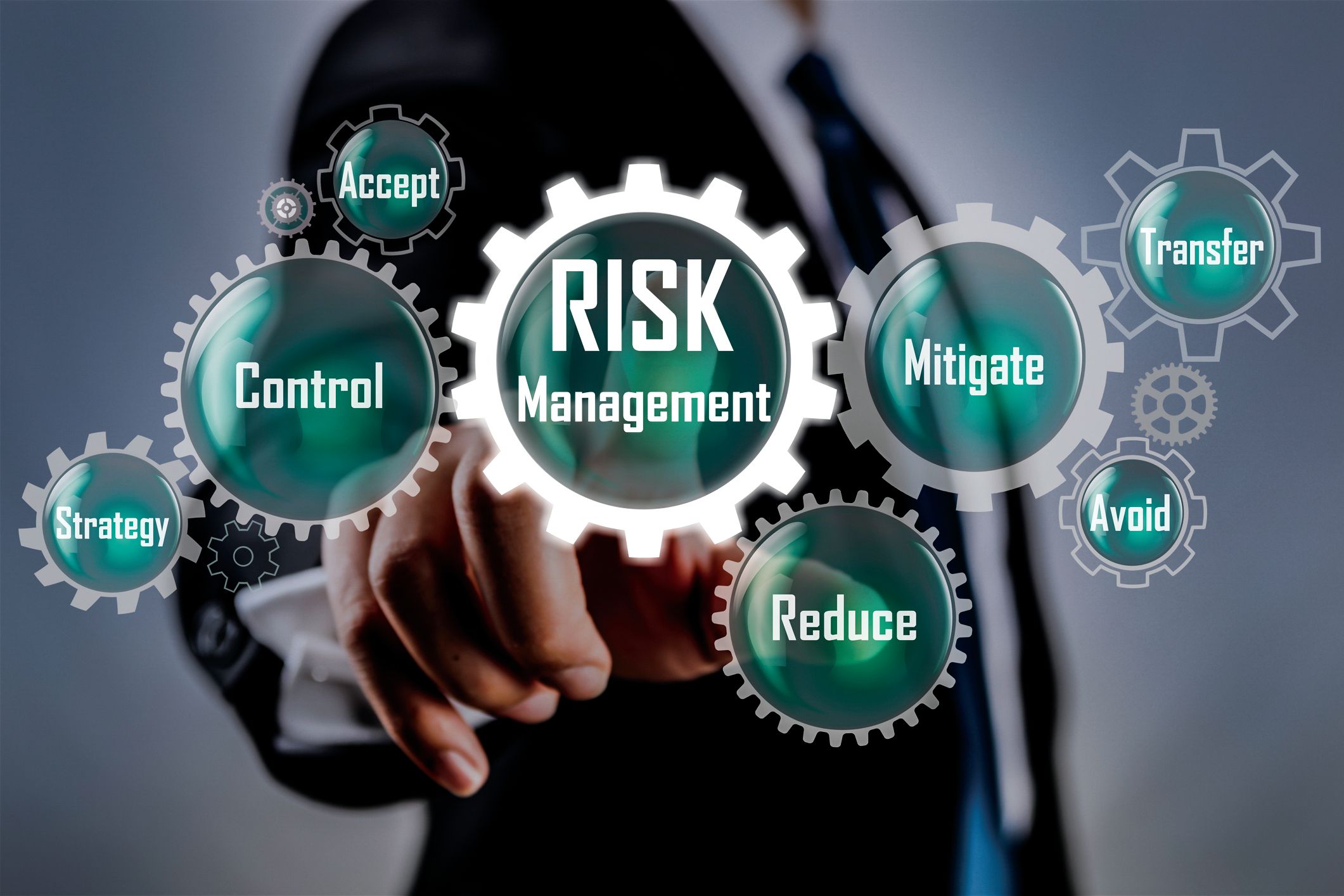Introduction
Overview of the Topic
In today’s fast-paced world, artificial intelligence (AI) is making waves across various industries, from healthcare to retail, and finance is no exception. One of the most critical areas where AI is making a significant impact is financial risk management. As the financial landscape becomes more complex, the need for more advanced tools to manage risk has never been greater. AI is stepping in to revolutionize how we approach financial risk, offering new levels of accuracy, efficiency, and foresight.
Introduction to Tevan Asaturi
Tevan Asaturi is a renowned expert in finance and technology, known for his deep insights into the integration of AI in financial systems. With years of experience advising financial institutions and businesses, Tevan has been at the forefront of leveraging AI to reduce financial risks. His perspectives on the subject offer invaluable guidance for those looking to understand the future of financial risk management.
Purpose of the Article
This article aims to explore the transformative role of AI in reducing financial risk, drawing on the insights of Tevan Asaturi. Readers will gain a deeper understanding of how AI is reshaping risk management, the benefits and challenges associated with its implementation, and how businesses can prepare for an AI-driven financial future.
Understanding Financial Risk
Definition of Financial Risk
Financial risk refers to the potential loss of money or value due to various factors, including market fluctuations, credit defaults, and operational failures. It encompasses several types of risks such as credit risk, market risk, and operational risk, each of which poses unique challenges to financial institutions and businesses.
Traditional Methods of Financial Risk Management
Traditionally, financial risk management has relied on historical data, statistical models, and human judgment. These methods, while effective to some extent, have limitations in accuracy, speed, and the ability to predict unforeseen events. The growing complexity of financial markets has exposed the weaknesses of traditional risk management approaches.
The Need for AI in Financial Risk Management
As financial markets evolve, traditional risk management methods are increasingly insufficient. The need for a more dynamic, data-driven approach has paved the way for AI to play a crucial role in financial risk management. AI offers advanced tools that enhance the accuracy, speed, and effectiveness of risk assessment and mitigation strategies.
The Role of AI in Financial Risk Management
Predictive Analytics
AI’s predictive analytics capabilities enable financial institutions to forecast risks more accurately. By analyzing vast amounts of data, AI models can identify patterns and trends that may signal potential risks, allowing businesses to take proactive measures. Examples of AI-driven predictive models include credit scoring algorithms and market risk forecasting tools.
Real-Time Data Processing
In the world of finance, real-time data is essential for effective risk management. AI’s ability to process and analyze data instantly provides financial professionals with up-to-the-minute insights, enabling them to identify and address risks as they arise. This real-time processing capability is particularly valuable in volatile markets, where conditions can change rapidly.
Automation of Risk Assessment
AI’s automation capabilities streamline risk assessment processes, reducing the time and effort required to evaluate potential risks. Automated systems can continuously monitor financial activities, flagging potential issues for further investigation. The benefits of automation include increased efficiency, accuracy, and cost savings for financial institutions.
Fraud Detection and Prevention
AI plays a critical role in detecting and preventing financial fraud. By analyzing transaction data and identifying suspicious patterns, AI systems can detect fraudulent activities in real-time. Case studies have shown how AI-driven fraud detection has helped financial institutions reduce losses and protect their customers.
Enhancing Decision-Making
AI supports financial professionals in making informed decisions by providing data-driven insights and recommendations. By integrating AI insights into strategic planning, businesses can better navigate risks and seize opportunities. This enhanced decision-making capability is crucial in today’s complex financial landscape.
Tevan Asaturi’s Insights on AI in Financial Risk Management

The Benefits of AI in Reducing Financial Risks
Tevan Asaturi believes that AI offers significant benefits in financial risk management, including improved accuracy, efficiency, and the ability to predict and mitigate risks before they materialize. Successful AI implementation in financial institutions has led to more robust risk management strategies, resulting in reduced financial losses and increased stability.
Potential Risks and Challenges
Despite its benefits, AI also presents challenges in financial risk management. Tevan highlights concerns such as data privacy, the potential for algorithmic bias, and the need for human oversight. He emphasizes that while AI is a powerful tool, it should be used in conjunction with human judgment to ensure ethical and effective risk management.
The Future of AI in Financial Risk Management
Looking ahead, Tevan predicts that AI will continue to evolve and play an increasingly important role in financial risk management. He advises businesses to stay ahead of the curve by investing in AI technologies and continuously updating their risk management practices to keep pace with technological advancements.
Case Studies: AI in Action
AI in Credit Risk Management
One example of AI in action is its use in credit risk management. A financial institution implemented an AI-based system to assess credit risk, leading to more accurate credit scoring and reduced default rates. The outcomes of this implementation included increased lending efficiency and improved customer satisfaction.
AI in Market Risk Management
AI-driven market risk management strategies have proven effective in mitigating risks during periods of market volatility. For instance, a financial firm used AI to analyze market data and adjust its trading strategies in real-time, helping it navigate a turbulent market period with minimal losses.
AI in Fraud Detection
A major financial company utilized AI to enhance its fraud detection capabilities. By analyzing transaction patterns and identifying anomalies, the AI system significantly reduced the number of fraudulent transactions, leading to substantial financial savings and enhanced customer trust.
The Future of AI in Financial Risk Management
Emerging AI Technologies in Risk Management
New and emerging AI technologies are poised to further transform financial risk management. Innovations such as machine learning, deep learning, and natural language processing are expected to provide even greater insights and predictive capabilities, helping businesses stay ahead of risks.
Challenges and Opportunities
While AI offers numerous opportunities for improving risk management, it also presents challenges, such as the integration of AI into existing systems, regulatory compliance, and the need for skilled professionals to manage AI systems. However, businesses that successfully navigate these challenges will be well-positioned to lead in the AI-driven financial landscape.
Preparing for an AI-Driven Future
To prepare for the future, financial institutions must embrace AI and invest in the necessary technologies and skills. Tevan Asaturi advises businesses to stay informed about AI advancements, continuously update their risk management practices, and prioritize ethical considerations to ensure a sustainable and successful AI-driven future.
Conclusion
AI is playing an increasingly vital role in reducing financial risk, offering advanced tools and insights that enhance the accuracy, speed, and effectiveness of risk management. Tevan Asaturi’s insights highlight the benefits of AI in financial risk management, as well as the challenges and considerations that come with its adoption.
Final Thoughts
As AI continues to evolve, its role in financial risk management will only grow more significant. Embracing AI as a tool for better financial risk management is essential for businesses looking to thrive in a complex and rapidly changing financial landscape. Continuous learning, adaptation, and ethical considerations will be key to success in this AI-driven future.
For more insights from Tevan Asaturi on AI and financial risk management, and to explore consulting services, contact Tevan Asaturi and his team directly. Stay ahead of the curve and ensure your business is prepared for the future of AI in finance.




